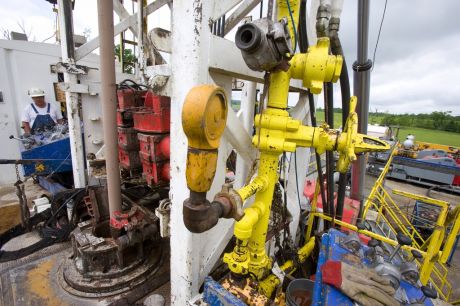CCS is widely considered the most important technological approach to prevent global greenhouse gas emissions from the harnessing of fossil fuels. To tackle global climate change, new research infrastructures (RIs) dedicated to second- and third-generation CCS technologies are needed to ensure low to zero carbon dioxide emissions from industry and power generation.
To address this need, the EU-funded
ECCSEL PP2 (European carbon dioxide capture and storage laboratory infrastructure - Preparatory phase 2) project set out to establish a first-rate RI in Europe for CCS and to modernise existing CCS laboratories across Europe. It brought together Centres of Excellence on CCS in eight Member States, Norway and Switzerland.
Project partners laid down the legal, financial and governance conditions necessary in order to render the pan-European CCS RI operational in 2015 and establish it as a legal entity the following year. To this end, implementation and business plans and strategies were designed. They help ensure sustainable operations and services, carry out technical and logistical planning, structuring, budgeting and intellectual property rights requirements as well as determine and quantify needs for upgrades and new laboratories.
Project partners prioritised 18 of the 91 identified RI gaps between current RIs and the capabilities needed to address critical CCS issues. Focus was on preparing for the construction of critical new facilities that built on efforts carried out by the European Strategy Forum on Research Infrastructures (ESFRI) and on facilitating researcher access to top-quality European facilities.
To enhance European science, technology development, innovation and education in CCS, the team supported the European Commission strategy for increasing education and training in Europe within the CCS thematic area.
ECCSEL PP2 laid the foundation for a new type of RI that will ultimately respond to concerns such as growing energy demand, energy supply security and climate change.

